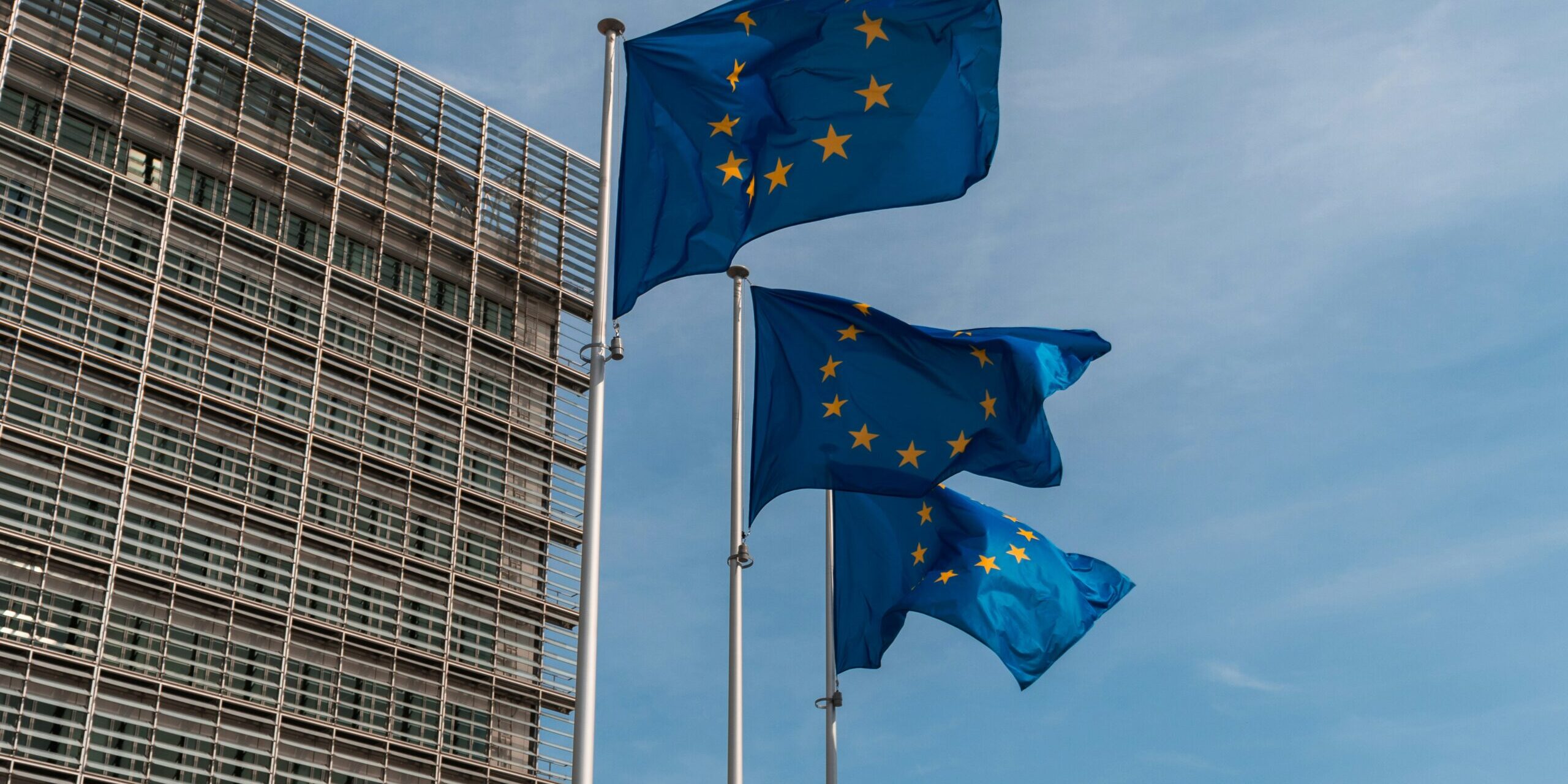European Union (EU) member countries and lawmakers are close to reaching a consensus on regulations that would require Europe-based companies to prioritize the production of critical goods. This move aims to prevent potential supply chain disruptions, as confirmed by a prominent legislator responsible for the legislation.
The European Commission initially introduced the Single Market Emergency Instrument in response to the bottlenecks experienced during the COVID-19 pandemic. Modeled after similar measures in the United States and Japan, this draft legislation is currently undergoing discussions between EU member states and EU lawmakers before it can be officially enacted.
In an interview, lawmaker Andreas Schwab expressed optimism, stating, “I am optimistic we can conclude an agreement next week,” in anticipation of the fourth round of negotiations scheduled for February 1st.
However, this proposed legislation has raised concerns among businesses, who fear that prioritizing the production of crisis-relevant goods might compel them to breach existing commercial agreements and expose sensitive corporate information. EU member states had previously removed this provision from their negotiating stance last year.
It is expected that EU governments will agree to reintroduce the clause into the draft, albeit in a more moderate form, according to Schwab. The final shape of the legislation will be determined during the negotiations scheduled for the following Thursday. Notably, there remains uncertainty regarding whether the legislation will include the European Commission’s proposal for EU countries to establish strategic reserves, as it has faced opposition from certain governments.
The draft legislation will encompass mandatory information requests, obliging companies to share information about sensitive products and supply chains with an advisory group, as confirmed by Schwab.
As negotiations continue, the EU is striving to strike a balance between ensuring the resilience of its supply chains in the face of potential crises and addressing the concerns of businesses about potential disruptions to their operations and agreements.







